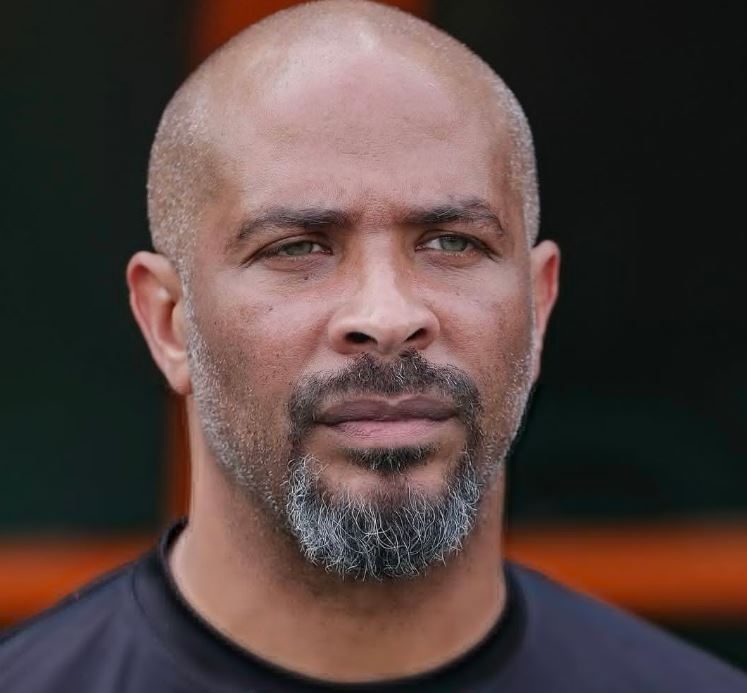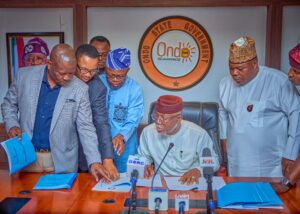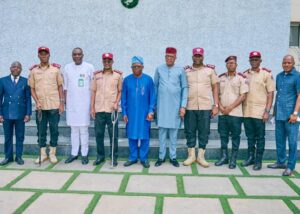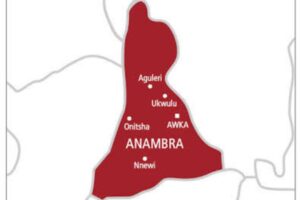ASUU: Ngige wrong on varsity autonomy
University autonomy is backed by law, the Academic Staff Union of Universities (ASUU) said on Thursday.
It faulted a claim by Minister of Labour and Employment, Senator Chris Ngige, that ASUU cannot claim to be autonomous when the government pays lecturers.
Lecturers have refused to call off their seven-month strike due to disagreement with the government over the Integrated Personnel Payroll System (IPPIS) and other demands.
While defending his ministry’s budget before the Senate Committee on Labour and Employment on Wednesday, Ngige said: “They said that university autonomy is being eroded by IPPIS.
“Autonomy cannot work when the government is paying the lecturers. It can work only when the governing council generates its resources to pay workers.”
But, ASUU president, Prof Biodun Ogunyemi, said Ngige cannot unilaterally alter the law.
He added that universities can only generate resources when they have been fully empowered to do so.
Ogunyemi said in an interview: “It appears the minister is not aware that there is a law on autonomy and if there is a law in existence that defines what autonomy means with respect to university governance, I don’t think any minister can arbitrarily annul the law.
“If the minister is not pleased, he will have to work with the law until the law is changed.
“We have the University Miscellaneous Provision Amendment Act of 2003 which was gazetted as Autonomy Law in 2007.
“That law is still subsisting. What that law says is that governing councils will manage the personnel, information and payroll.
“If universities are empowered to do that, what that law expects is that government should make funds available to the universities to handle their personnel.
“But, because of the meddlesome roles government has been playing over the years; which is a military hangover, it appears, as it is today, they do not want to let go.
“In other climes, what government does is to release subventions to universities as provided for in their budget. ASUU is not asking for too much. That is the way to go. That is the way to define autonomy.
“If you say universities should start generating their funds and you have not empowered them, how will they generate the funds?”
Ogunyemi accused the political class of not investing enough to develop infrastructure in public universities.
According to him, Nigerian universities could not respond to the outbreak of COVID-19 because the institutions were not equipped to deal with such pandemics.
He added that had the Federal Government honoured the N1.3 trillion agreement on revitalisation it reached with the Goodluck Jonathan’s administration, public universities would have been well-positioned to handle any challenge.
The union is asking for N110 billion for university revitalisation, but the Federal Government offered the striking lecturers N20 billion, which they turned down.
Ogunyemi said the union was yet to receive official communication from Ngige on its demands made during their last meeting.
“What we are asking for here is: let the government empower our universities and let government challenge them to see what they are capable of doing,” he said.
Also on Thursday, students of tertiary institutions in the Southwest issued a seven-day ultimatum to the Federal Government to end the protracted strike or face nationwide protests.
They made their position known through their student union leaders, including Wisdom Okoko (University of Ilorin), Olamide Olabiyi (Ladoke Akintola University of Technology (LAUTECH), Michael Awoyemi (Olabisi Onabanjo University) and Abiodun Oloyede (the Federal University of Agriculture, Abeokuta (FUNAAB).
Others are Olusegun Akeju (University of Ibadan), Lekan Abbul-Azeez Soneye (Tai Solarin College of Education) and Mayowa Opakunle (Joint Action Committee (JAC) of the National Association of Nigerian Students (NANS), Oyo State.
Oloyede said: “We, the great students of the federation, hereby demand an immediate end to the incessant ASUU strike, adequate funding of the education sector and prioritisation of education as the key to sustainable growth and development.
“We hereby give the Federal Government an ultimatum of seven days to resolve the crisis and get us back to school, else, there would be aggressive nationwide agitations thereafter.”
NANS had on Wednesday also threatened to organise a nationwide protest if the strike is not called off within 14 days.











Post Comment